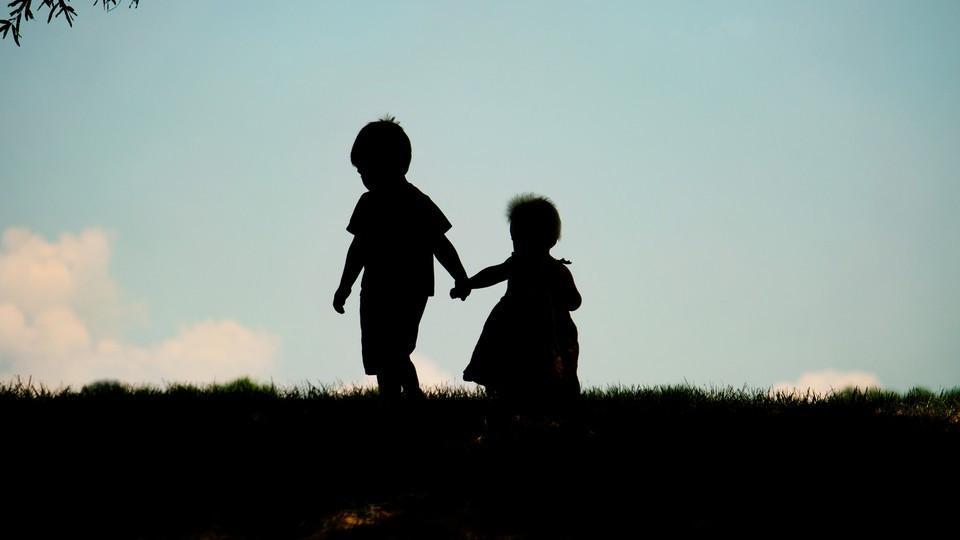Africa-Press – Nigeria. AS I was driving to Harare over the weekend, I gave a lift to a woman who shared with me a sad story.
Her marriage had collapsed under the weight of expectations not her own. She is the firstborn in her family, a role she once carried with pride, until it became a noose around her neck.
Her husband, once supportive, grew increasingly resentful as she sent money home every month. Their home, once a sanctuary, became a halfway house for the extended family.
Her story, sadly, is not unique.
In many African families, being the first-born child is often mistaken for receiving an honorary crown. But behind the perceived prestige lies a heavy, invisible burden — a lifelong responsibility that many did not choose but are compelled to bear. The “curse of being the first” is never a superstition. It is a lived reality. A silent tax. A social contract where the firstborn is expected to sacrifice their dreams, comfort, finances, and often, happiness, for the sake of everyone else’s.
From the moment they start walking and speaking, firstborns are groomed not just as siblings, but as deputy parents.
In many extended family systems, the first child is treated not as a child, but as a third parent — the assistant breadwinner, the moral compass, the financial pillar.
It begins subtly. They are told to look after their younger siblings. To be an example. To make the family proud. Then, without ceremony, responsibilities escalate: sending younger siblings to school, housing cousins in their tiny, rented rooms in Sakubva, Mbare or Makokoba, or paying hospital bills for relatives they barely know. All of this under the guise of cultural obligation and respect.
This practice, commonly referred to as “black tax”, has been normalised and it weighs heavily on the shoulders of those who bear it. What is tragic is how the rest of the family system begins to expect it — not as a favour, but as a right.
Firstborns become cash cows. The family accountant. The problem-solver. The fixer. Their success is no longer their own — it is a communal resource.
This is not to suggest that supporting the family is wrong. No! Ubuntu — the philosophy that “I am because we are” — is a beautiful value. But Ubuntu without boundaries becomes bondage. The issue lies not in the act of giving, but in the expectation to give endlessly — even when it breaks you.
Marriage often brings these tensions to the surface. A firstborn, who is constantly sending money back home or housing relatives, may face resistance from their spouse. This can create rifts, arguments or even divorce. And sadly, many partners are forced to choose between loyalty to their nuclear family and obligations to their extended one. For many firstborns, marriage does not free them; it simply adds another set of expectations to manage.
This burden is not new. Even the Biblical Adam experienced it. He was the first of his kind. The first man. The first husband. The first to experience pain, temptation, failure and loss.
He had no blueprint. No mentor. No elder brother to ask for advice. Everything that Adam did — from naming animals to navigating marriage with Eve — he did without precedent. That is the weight of being the first. You become the experiment. The pioneer. The prototype. And when you stumble, the blame is heavier because “you should have known better”.
In modern African contexts, the first-born child is often the first to go to school, the first to graduate, the first to leave the village for the city. They become a reference point for other siblings. Every success sets a bar. Every failure feels like a betrayal. It is lonely at the top, but lonelier when you are expected to carry everyone else on your back.
Yet, for all the hardship, there is rarely gratitude. When the younger siblings succeed, their accomplishments are celebrated independently. But the sacrifices of the firstborn — the missed opportunities, the loans, the sleepless nights — are rarely acknowledged. And when the firstborn stumbles, the very people they helped are often the first to criticise.
So how do we break this curse?
It starts with family education. As parents, we must realise that love is not measured by how much you extract from your most successful child.
Siblings must understand that your brother or sister’s paycheck is not an inheritance. And firstborns themselves must learn to set boundaries without feeling guilt. Helping family is noble, but self-neglect is not.
We must also redefine success. True success should include mental peace, financial freedom, and healthy relationships — not just ticking cultural boxes or playing saviour.
And as a society, we must stop equating suffering with strength. Being the first should not mean being the sacrificial lamb.
In the end, being the firstborn is not a curse by nature — but it can become one by design.
Until we rethink the structures that perpetuate emotional and financial exploitation under the veil of tradition, many firstborns will continue to live in quiet misery — respected, but resentful.
Being the first should come with honour — not a life sentence. It is time to lift the burden and let the first finally breathe.
For More News And Analysis About Nigeria Follow Africa-Press







